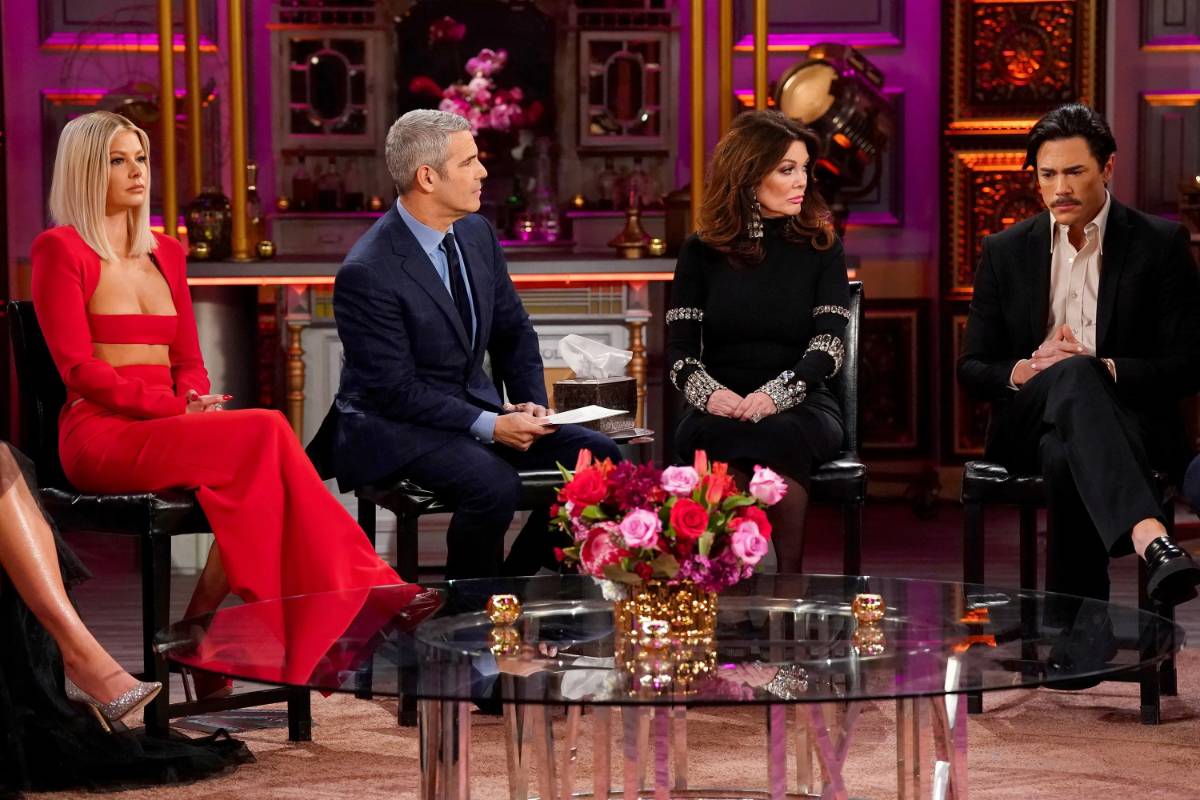
The Evolution of Reality TV: From Guilty Pleasure to Cultural Phenomenon
Reality TV has transformed from a niche entertainment genre into a dominant force in global pop culture. Once considered a guilty pleasure, reality television now influences fashion, social media, and even politics, making it one of the most impactful forms of modern entertainment.
The Early Days of Reality Television
Reality TV traces its roots back to the late 20th century with shows like *Candid Camera* and *An American Family*. These early programs focused on unscripted moments, offering glimpses into real lives and everyday experiences.
The Boom of Competitive Reality Shows
The late 1990s and early 2000s saw an explosion of competitive reality TV, led by *Survivor*, *Big Brother*, and *The Amazing Race*. These shows introduced high-stakes drama and social strategy, captivating global audiences and setting the stage for modern reality entertainment.
The Rise of Celebrity and Lifestyle Reality Shows
As reality TV evolved, the focus shifted to celebrities and everyday personalities. Shows like *Keeping Up with the Kardashians* and *The Real Housewives* franchises turned their stars into global icons, blending entertainment with aspirational lifestyles.
Social Media and the Evolution of Reality Stars
With the rise of platforms like Instagram and TikTok, reality TV personalities have gained more influence than ever. Contestants from *The Bachelor* or *Love Island* transition into full-fledged social media influencers, monetizing their fame beyond television screens.

The Cultural Impact of Reality Television
Reality TV has shaped global conversations on relationships, beauty standards, and success. Programs like *Queer Eye* promote inclusivity, while competition shows like *RuPaul’s Drag Race* celebrate diversity and self-expression.
Criticism and Ethical Concerns
Despite its popularity, reality TV faces criticism for scripted drama, unrealistic portrayals, and its impact on mental health. The industry continues to grapple with issues of exploitation, authenticity, and the long-term effects on its participants.
Conclusion
From its early beginnings to its current dominance, reality TV has evolved into a powerful cultural phenomenon. Whether loved or criticized, its influence is undeniable, shaping entertainment, social trends, and even the way people perceive fame and success.





